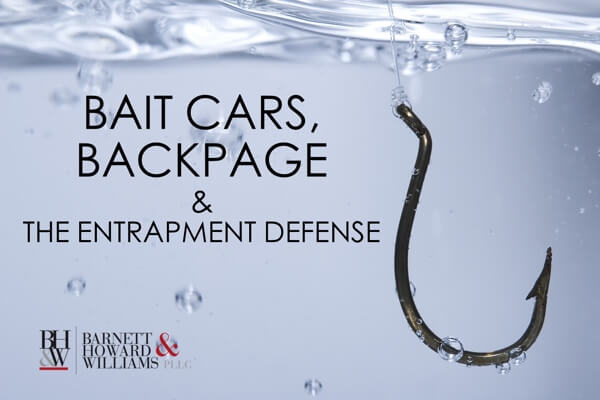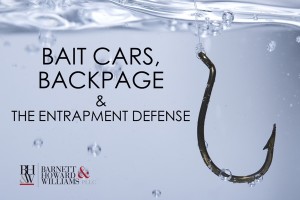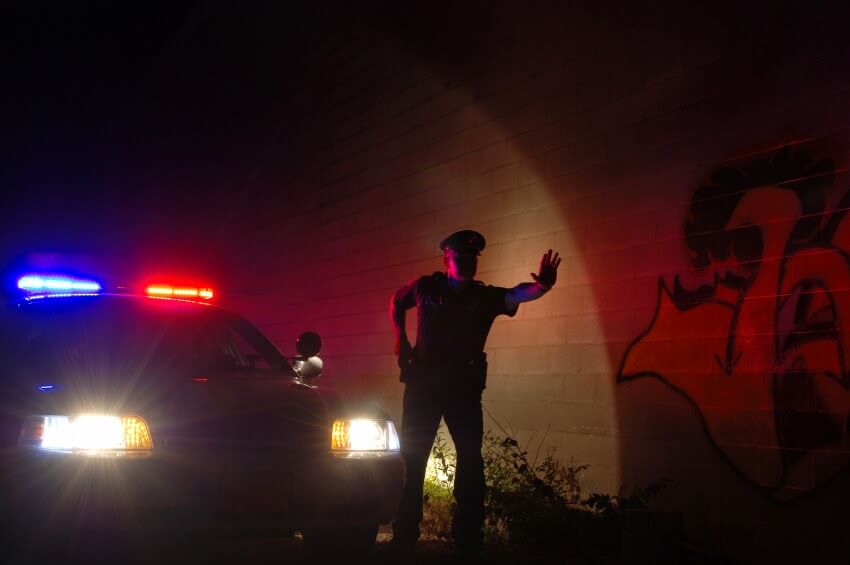
Prostitution is Illegal in Texas
 In Texas, under Chapter 43 of the Penal Code, all forms of prostitution are outlawed. Whether a person is involved in promoting prostitution, engaging in prostitution, or soliciting another to engage in an act of prostitution, it is all illegal and can result in arrest, conviction, and prison time in Texas.
In Texas, under Chapter 43 of the Penal Code, all forms of prostitution are outlawed. Whether a person is involved in promoting prostitution, engaging in prostitution, or soliciting another to engage in an act of prostitution, it is all illegal and can result in arrest, conviction, and prison time in Texas.
What is Solicitation of Prostitution Under Texas Law?
As defined in Section 43.021(a) of the Texas Penal Code, “A person commits an offense if the person knowingly offers or agrees to pay a fee to another person for the purpose of engaging in sexual conduct with that person or another.” This law does not require a person to actually show up to the agreed location in person, since the offense is committed at the time the offer of money for sex is proffered. However, in most circumstances, the police will not make an arrest unless the “John” actually shows up to the scene.
Prostitution Stings in Texas
Many solicitation of prostitution arrests occur as part of undercover police sting operations. Due to the prevalence and increase of human trafficking in Texas, police agencies have ramped up prostitution sting operations in hopes of decreasing the demand for sex services. Most sting operations are widely publicized afterwards, causing embarrassment, job loss, and relationship stress for those caught in the sting, not to mention the follow-on criminal implications. Our firm has represented people across North Texas that have been arrested in prostitution stings with favorable results.
Solicitation of Prostitution is a State Jail Felony in Texas
On September 1, 2021, the offense of soliciting a prostitute in Texas was enhanced from being a Class B Misdemeanor to a State Jail Felony. This means that, even if it is your first offense, if you “knowingly offer or agree to pay a fee to another person for the purpose of engaging in sexual conduct with that person” you can be convicted of a felony offense and sentenced to a minimum of 6 months and a maximum of 2 years in a State Jail facility. If you have a previous solicitation conviction, then the next offense is a 3rd Degree Felony with a punishment range of 2-10 years in prison.
What to do if you are Arrested for Solicitation of a Prostitute?
If you are arrested for solicitation, once you have bonded out of jail, you should contact an experienced and trusted criminal defense attorney in the jurisdiction where the arrest occurred. Our team of criminal defense lawyers at Barnett Howard & Williams handle around a dozen solicitation cases every year, many of which are the product of Tarrant County Sheriff sting operations. Contact us today for a free consultation at (817) 993-9249. We have offices in Fort Worth and Keller.


 Our firm has represented many defendants in Fort Worth with cases stemming from a bait car or a Backpage ad. For those of you not familiar with either, let me explain Bait Cars and Backpage.
Our firm has represented many defendants in Fort Worth with cases stemming from a bait car or a Backpage ad. For those of you not familiar with either, let me explain Bait Cars and Backpage.
 State v. Johnson
State v. Johnson





